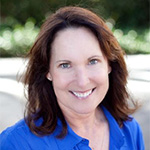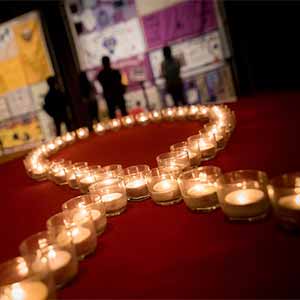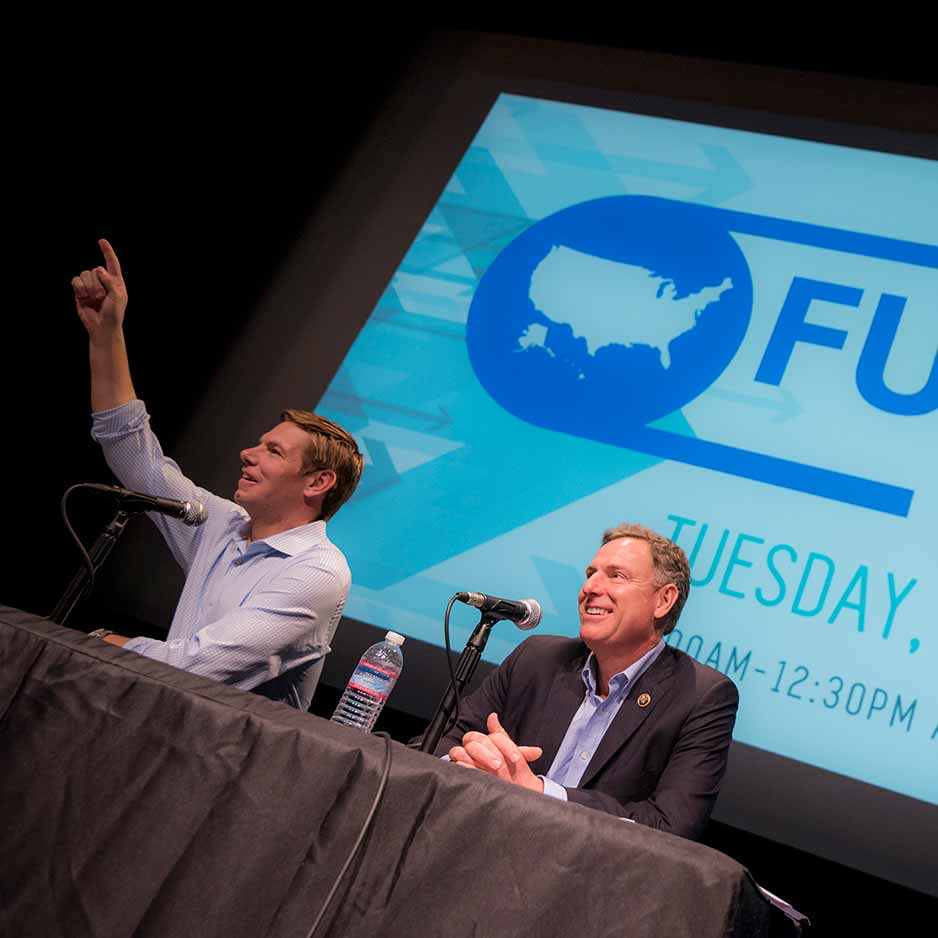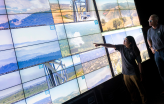Addiction Treatment Innovation Launches at the Qualcomm Institute
The Clinical Addiction Recovery Institute (C.A.R.I.), has announced that it will join the University of California, San Diego community as one of the newest members of the Qualcomm Institute Innovation Space (QIIIS).









